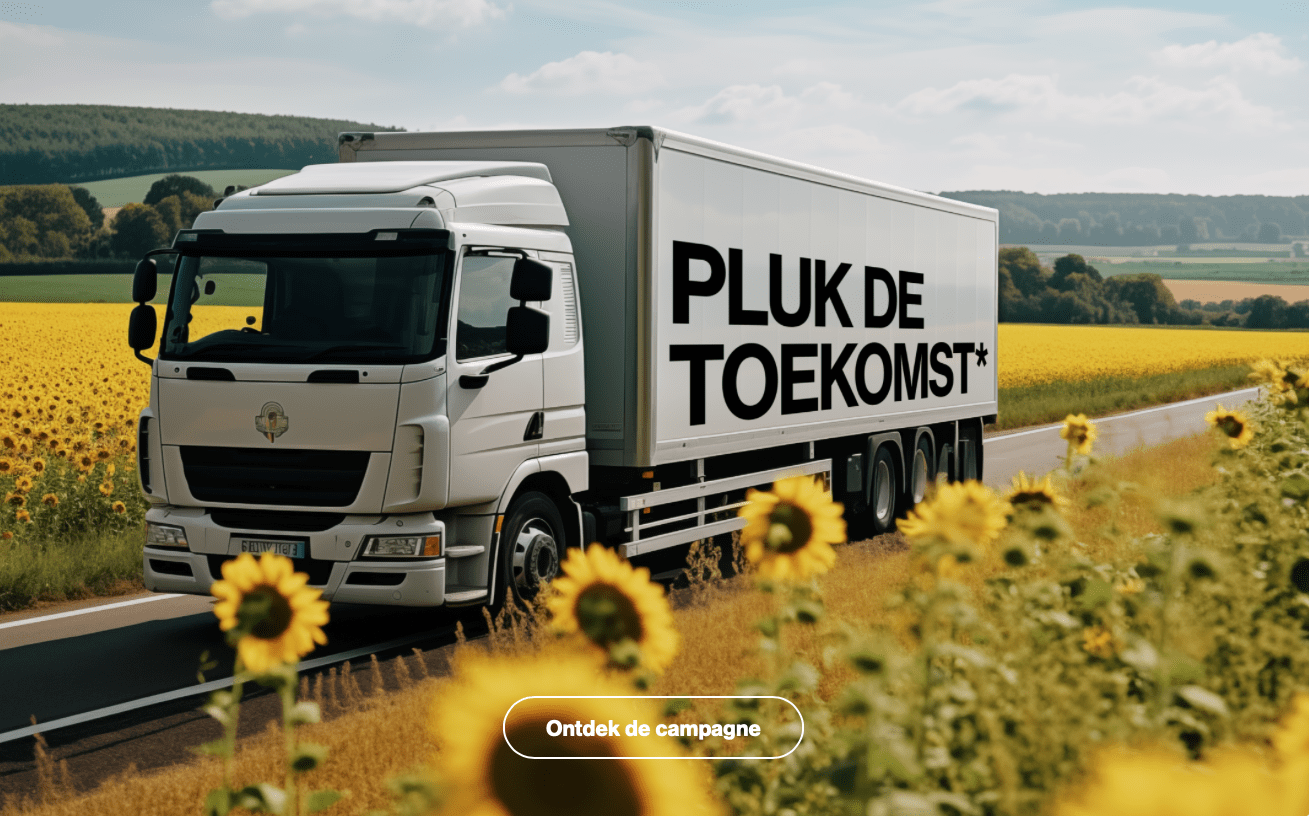For: Platform Hernieuwbare Brandstoffen / Netherlands Platform Renewable Fuels
[Oct 2016 – now]
Managing the independent knowledge and innovation Platform Renewable Fuels (i) to support an accelerated mitigation the climate impact of the transport sector and (ii) to enable the builds up of a biobased economy in The Netherlands.
studio Gear Up is in charge of managing the activities of the Netherlands Platform Renewable Fuels (Platform Hernieuwbare Brandstoffen). This independent knowledge and innovation Platform aims (i) to mitigate the climate impacts of the transport sector and (ii) to enable the builds up of a biobased economy in The Netherlands, as a means to contribute to achieving the Paris Agreement for Climate. The Platform brings together various stakeholders active in the field of renewable fuels (for road transport, shipping and aviation) for knowledge exchange and built of insights, e.g. via seminars, workshops and dedicated working group meetings. The Platform transfers innovative developments from abroad to the Dutch network. The Platform provides strategic advise and analyses to policy makers to secure lower climate change related carbon emissions in the decades to come. When possible the Platform commissions new studies on issues relevant for further development of policy and market. In its campaign website ‘Driven by Nature‘ the Platform provides advice for the end user on sustainable alternatives for use in road transport together with a map of available tank stations in the Netherlands.
The Platform serves as the contact point between members of the platform, industry, experts and other stakeholders with involvement in the biofuels and renewable fuels supply chain.
In 2024, specific attention goes towards (i) understanding the sustainable mobilisation of biomass, in particular from residues and waste streams from the agricultural and forestry sectors, (iii) the necessity for scaling up innovation and investments for conversion technologies that are capable of processing these feedstocks into advanced biofuels, and (iii) integrating the enhanced carbon efficiency with joint production of biofuels and renewable fuels on non-biological origin (RFNBOs), produced from renewable electricity and biogenic or atmospheric carbon.
studio Gear Up team involved: Loes Knotter (executive director), Eric van den Heuvel (managing director), Jouk Hogenhuis, Blanca Reemst, and Emma Beroske.
More information (partly in dutch, partly in English) on: www.hernieuwbarebrandstoffen.nl




